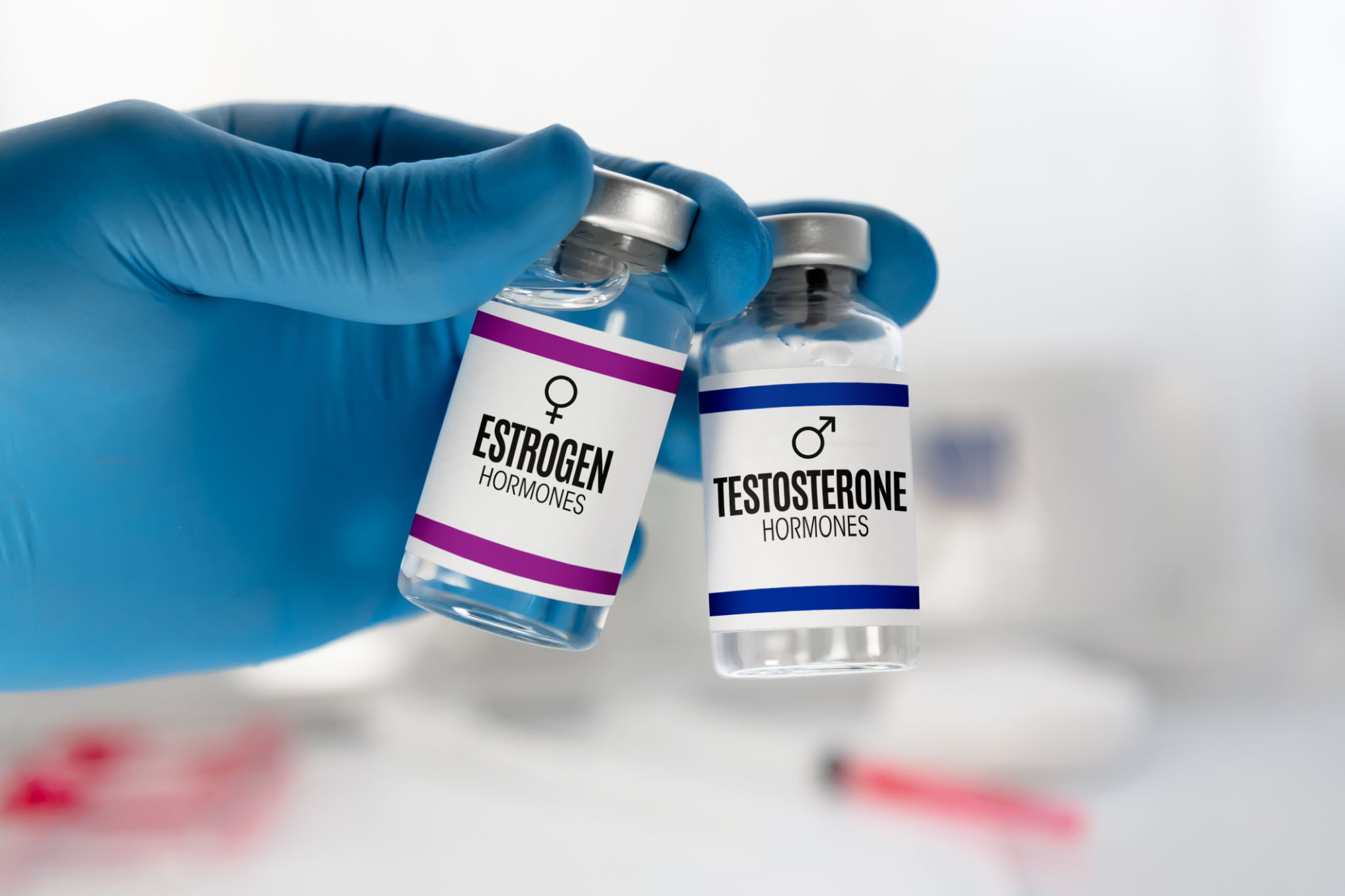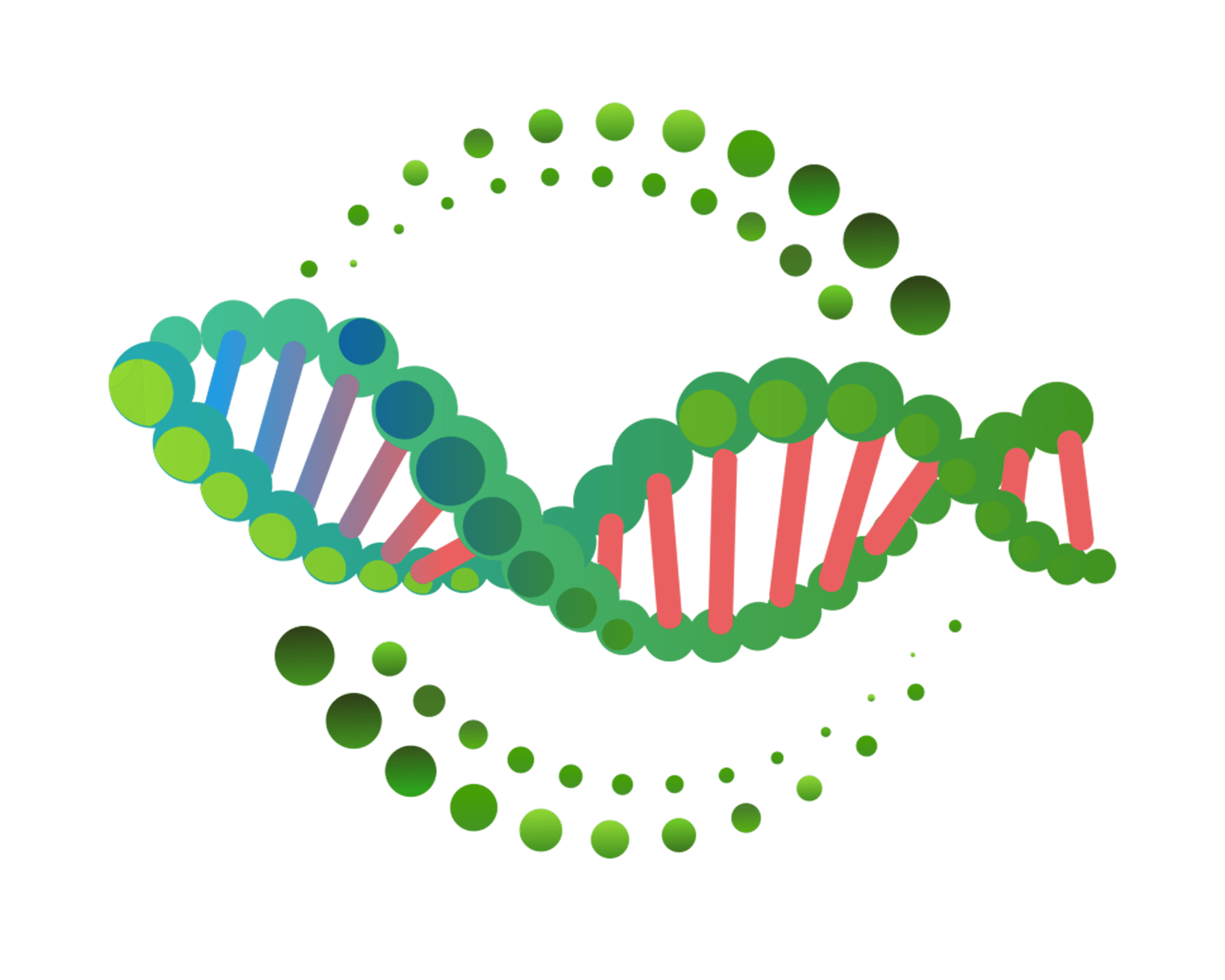Innovative Dementia Therapies: The Role of Peptides and Hormones
Understanding Dementia and Its Challenges
Dementia is a complex condition that affects millions of people worldwide, presenting considerable challenges to healthcare systems. Characterized by a decline in cognitive function, it impacts memory, thinking, orientation, comprehension, calculation, learning capacity, language, and judgment. With an aging population, the urgency to find effective treatments is more pressing than ever.
Traditional therapies have focused primarily on symptom management rather than targeting the underlying causes of dementia. However, recent advancements in medical research are shedding light on innovative therapeutic approaches that could revolutionize dementia care.

The Role of Peptides in Innovative Therapies
Peptides are short chains of amino acids that play crucial roles in the body, from signaling to structural functions. In recent years, their potential in treating neurodegenerative diseases such as dementia has garnered significant interest. Peptides can cross the blood-brain barrier, making them ideal candidates for neurological therapies.
Exploring Hormonal Therapies
Hormones are critical in regulating bodily functions, including brain health. Emerging research suggests that hormone therapy could be pivotal in managing dementia symptoms and progression. Hormonal imbalances, particularly in estrogen and testosterone, have been linked to increased dementia risk.
Estrogen therapy, for instance, has been studied for its potential neuroprotective effects. It may help maintain synaptic plasticity and reduce inflammation in the brain. Similarly, testosterone therapy is being explored for its ability to enhance cognitive function and prevent memory loss.
Potential Benefits of Hormone Therapy
- Improved mood and cognitive function
- Reduced risk of developing dementia
- Enhanced quality of life for patients

The Future of Dementia Treatment
The integration of peptide and hormone therapies into mainstream dementia treatment could mark a new era in managing this challenging condition. While more research is needed to fully understand their efficacy and safety, early studies are promising.
Personalized medicine, which tailors treatment plans based on individual genetic makeup and specific disease characteristics, could further enhance the effectiveness of these innovative therapies. As research progresses, the hope is that these approaches will not only manage symptoms but also alter the course of disease progression.
The journey towards innovative dementia therapies is filled with potential. By embracing the roles of peptides and hormones, we can look forward to a future where dementia is more manageable, improving the lives of countless individuals worldwide.
